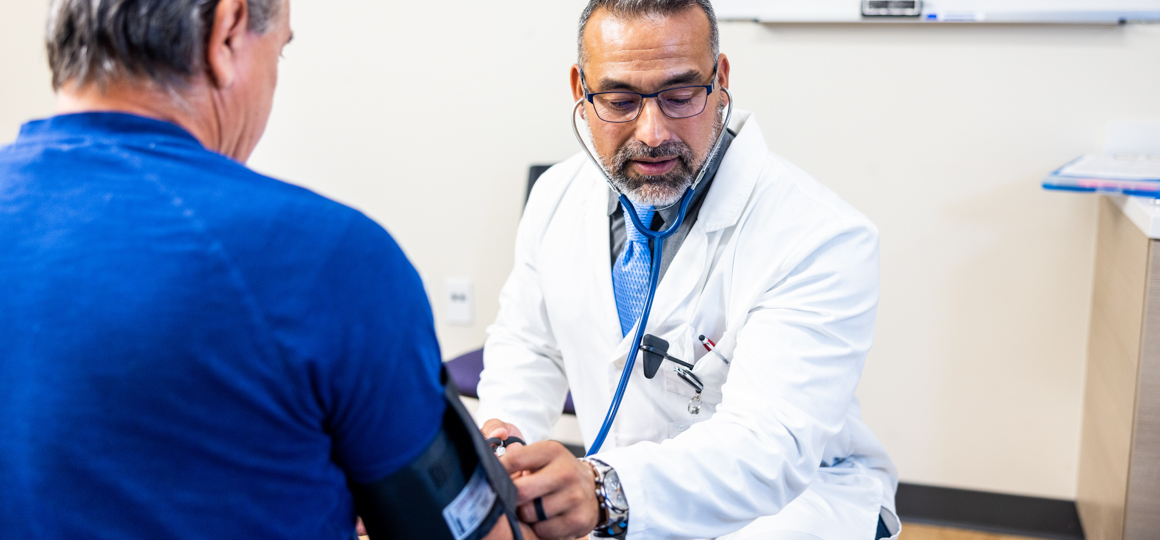FOR IMPLEMENTATION
Hepatitis C, HIV, and syphilis

Hepatitis C virus (HCV) challenges and solutions
- In the United States, HCV kills more Americans than all other infectious diseases combined, including HIV, tuberculosis, hepatitis B, and more.
- In Washington state, there are an estimated 59,100 people living with HCV infection, many of whom do not know they are infected.
- There has been a rise in acute (recent) HCV infections in Washington associated with injection drug use. As a result, Washington has seen increasing rates of newly reported cases of HCV among young adults ages 20–29 in recent years.
In the United States, 70% of new HCV infections occur in people who use drugs (PWUD).
This increase in infections occurs at a historic moment in time when we have safe, well-tolerated medications that can cure HCV with a few months of treatment. Washington has a statewide initiative to eliminate HCV. One of the challenges to achieving elimination is providing access to the HCV cure among people who use drugs.
The first step to treating hepatitis C is testing for it. Emergency department screening for HCV yields higher positive rates than community screening and is encouraged by the American College of Emergency Physicians (ACEP).
Washington Apple Health (Medicaid) pharmacy policy supports HCV treatment for all
- Any licensed prescriber can test for and treat HCV, including in primary care, without specialist clinical consultation.
- There is no prior authorization required for the direct-acting antiviral (DAA) Mavyret. Prior authorization is required if a different medication is clinically indicated. Non-specialists can also treat.
- There is no sobriety or abstinence requirement.
- Evidence of fibrosis is not required.
Labs six months apart to validate chronic infection are no longer required by Apple Health, so patients can be treated and cured in the acute state to avoid transmitting the virus.
Fast facts: HCV treatment for people who use drugs
- People who use drugs have high rates of medication adherence, achieve high rates of virologic cure, and have low rates of reinfection.
- The DAAs that cure HCV are well-tolerated with minimal side effects. There are no contraindications between DAAs and medications for opioid use disorder (MOUD).
- Most people living with HCV can be treated in primary care or community-based settings.
- Eliminating HCV is good for individuals, the health system, and public health.
HIV testing in the emergency department
The CDC recommends routine HIV screening in the emergency department, with ACEP supporting universal opt-out screening protocols for HIV.
Syphilis epidemic
Washington state has seen a dramatic increase in syphilis cases, with unprecedented maternal and congenital syphilis cases reported in 2021. This led to new screening guidelines released in 2022, recommending syphilis screening for people who use drugs whenever they present to care, up to every three months.







 I’M A CLINICIAN
I’M A CLINICIAN I’M A PATIENT
I’M A PATIENT